NIDDK
-
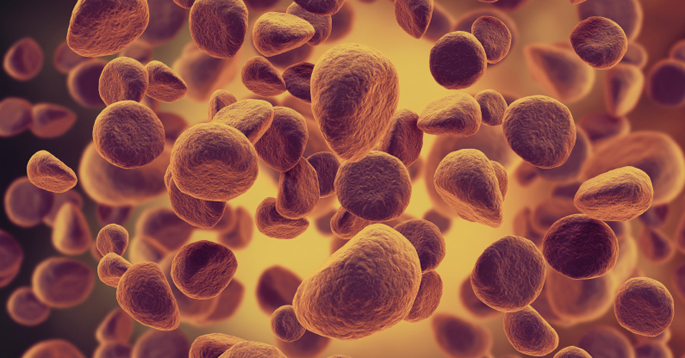
Gene network for leukemia factor
A new method speeds the analysis of factors that control gene expression from days to minutes, allowing researchers to uncover new targets for cancer treatment. Read MoreFeb 4, 2021
-

A cohort for type 2 diabetes studies
A study group of more than 600,000 patients with type 2 diabetes, identified from electronic medical records in the PCORnet national research network, could be valuable for assessing the safety of type 2 diabetes drugs. Read MoreNov 17, 2020
-

New treatment for a rare obesity
Diabetes drugs known as GLP-1 receptor agonists, such as exenatide (Byetta), are a promising and safe treatment for a rare form of obesity. Read MoreNov 3, 2020
-
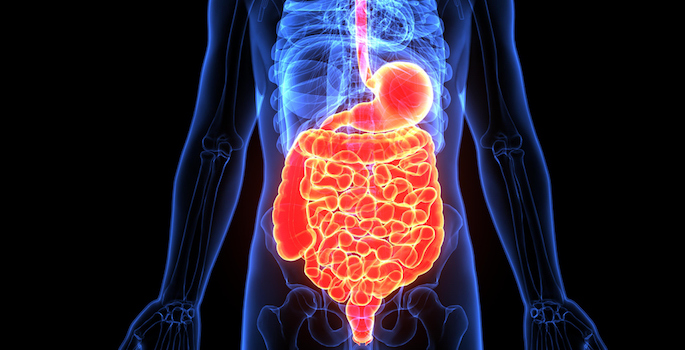
Preserving gut mucus architecture
A new method that keeps microbes and gut cells together will be useful for studies of complex host-microbe interactions and for analysis of clinical specimens. Read MoreOct 20, 2020
-
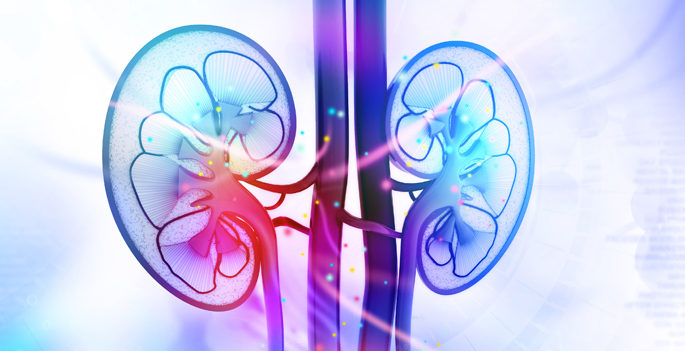
Clue to diabetic kidney disease
Vanderbilt researchers have identified a signaling pathway that promotes kidney fibrosis in patients with diabetes — and that could be targeted with an existing approved medication. Read MoreOct 5, 2020
-
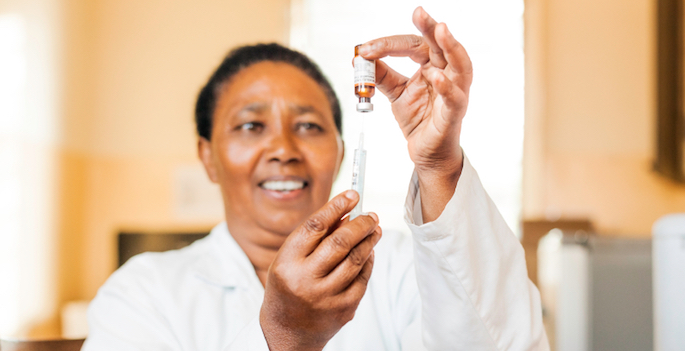
Rational vaccine design
Understanding immunity generated by smallpox vaccine may hold lessons for COVID-19 vaccine development. Read MoreSep 22, 2020
-
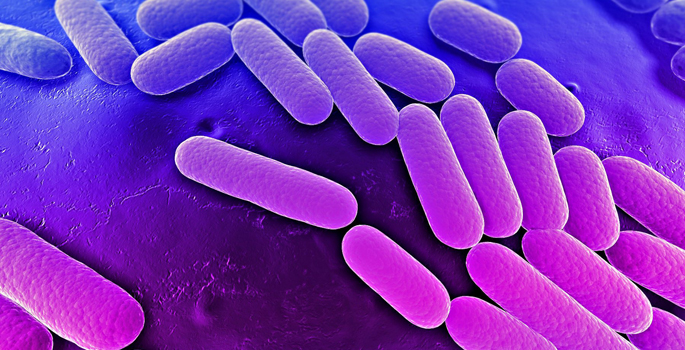
Probing pathogen antibiotic resistance
Understanding how bacteria evolve resistance to antibiotics and host stresses could guide the development of more effective antimicrobial therapeutics. Read MoreSep 17, 2020
-

The importance of estrogen cycles
Deborah Lannigan and colleagues identify a key regulator of the estrogen receptor and suggest that its downregulation by oral contraceptives may increase oxidative stress and DNA damage, a common cause of cancer. Read MoreAug 6, 2020
-
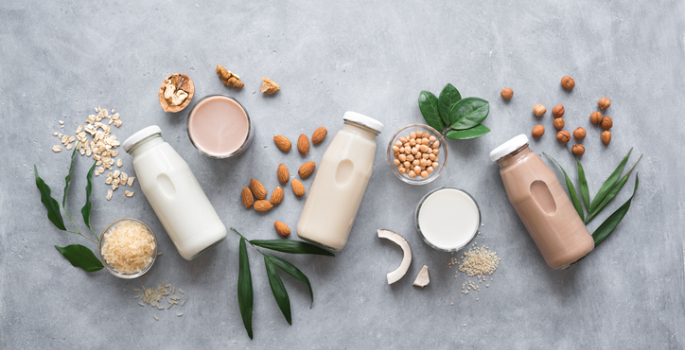
Soy food, metabolism and the microbiome
Consumption of soy foods may shape the microbiome and protect against hypertension only in individuals with soy-responsive microbiota, Vanderbilt researchers have discovered. Read MoreJul 27, 2020
-
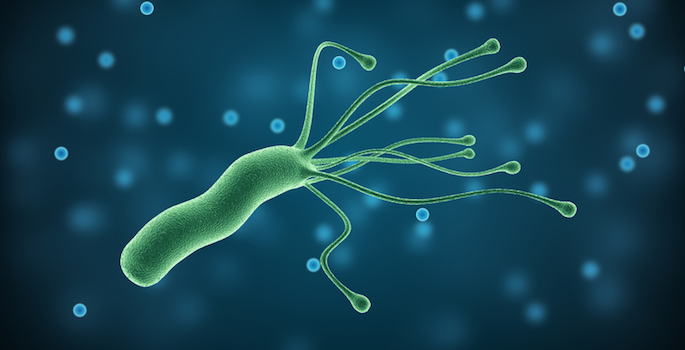
Stomach bug hit-and-run
The H. pylori machinery that “injects” an oncoprotein into stomach cells contributes to the development of gastric cancer, Vanderbilt researchers demonstrate. Read MoreJul 23, 2020
-
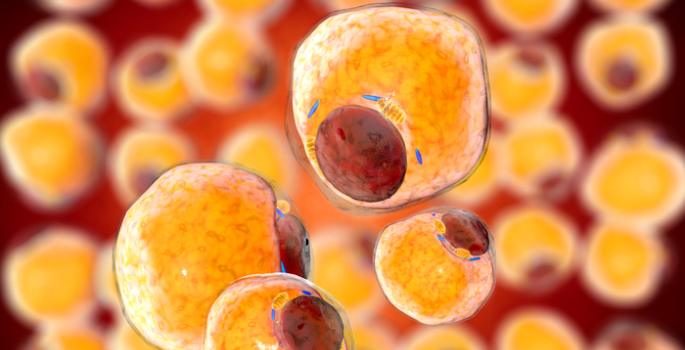
New tools to study bioactive lipids
Vanderbilt researchers have identified and characterized inhibitors of an enzyme that synthesizes lipid signaling molecules with roles in energy balance, inflammation and addiction. Read MoreJul 14, 2020
-

“Nur” target may aid arthritis treatment
Vanderbilt immunologists have discovered that the protein Nur77 is part of a control mechanism that guards against autoimmunity in natural killer T cells. Read MoreJul 13, 2020
-
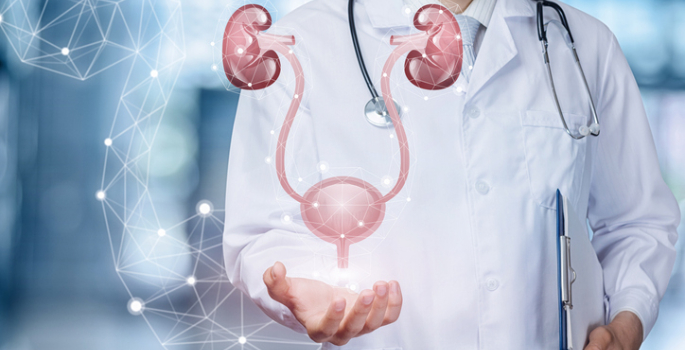
Recurrent UTIs linked to hidden reservoir
Bacterial invasion of vaginal cells sets up a protective niche and a reservoir for recurrent urinary tract infections, Vanderbilt researchers demonstrated. Read MoreJul 9, 2020
-

Keeping beta cells “fit”
Vanderbilt cell biologists are defining the factors that help beta cells in the pancreas stay healthy, secrete insulin and prevent diabetes initiation and progression. Read MoreJul 9, 2020
-
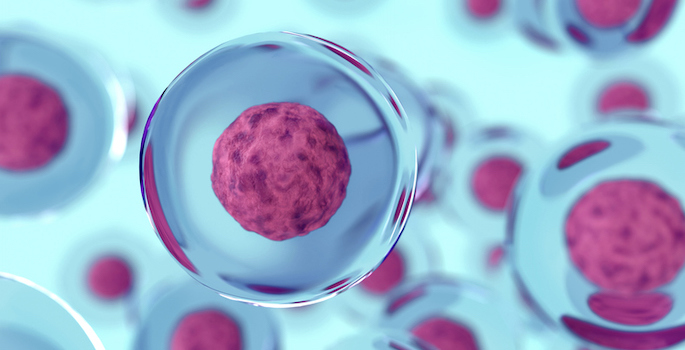
Studying cells in reduced dimensions
Vanderbilt cell biologists have developed an unbiased, quantitative framework for evaluating single-cell data. Read MoreJun 18, 2020
-
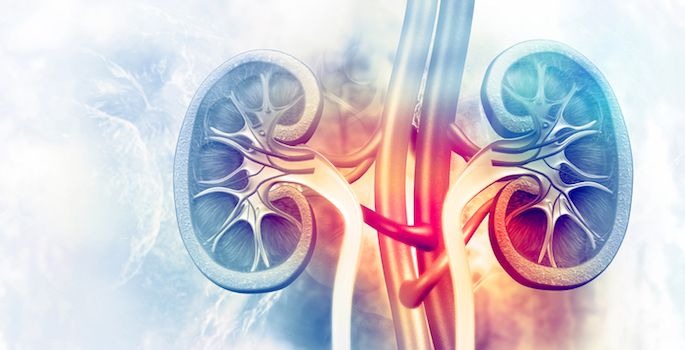
Protecting the injured kidney
Leslie Gewin and colleagues have upended conventional dogma about Wnt/beta-catenin signaling in the kidney, finding that it protects against chronic kidney disease rather than promoting it. Read MoreJun 4, 2020
-

Transporter’s role in gut barrier
A disease-associated mutation in a transporter protein impairs gut barrier function, leading to gastrointestinal disease and chronic infections. Read MoreApr 21, 2020
-

Race, hormones and diabetes risk
Variation in the levels of hormones called natriuretic peptides may contribute to racial differences in susceptibility to diabetes, suggesting that this hormone system may be a target for reducing risk of the disease. Read MoreApr 8, 2020
-

Protein interactions and brain function
Roger Colbran and colleagues have discovered new molecular details about the function of an enzyme with a key role in shaping learning and memory. Read MoreFeb 20, 2020
-

Transporter mutation alters cell energy
A disease-associated mutation in a transporter protein causes cells to increase energy production, as if they are starving, Vanderbilt researchers have discovered. Read MoreFeb 20, 2020